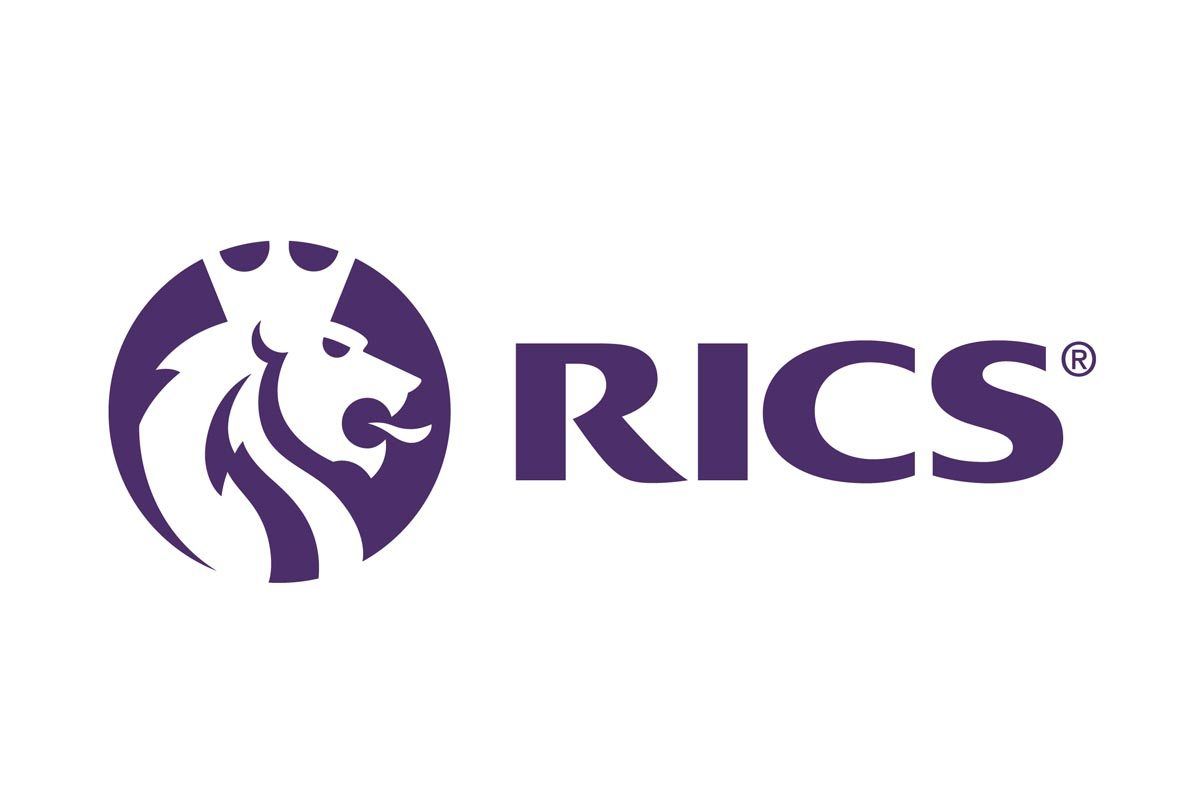Calor BioLPG CPD course for architects and specifiers now RIBA-accredited
)
As a RIBA-certified presentation, the course enables architects and specifiers to continue their professional development, while explaining the opportunities available to help homeowners living off the mains gas grid cut their carbon emissions significantly. This includes help and guidance on how to specify BioLPG.
BioLPG is chemically identical to liquefied petroleum gas (LPG). However, it is created from a mix of renewable and sustainably-sourced materials. As a result, BioLPG is able to reduce the carbon output for home heating by 38 per cent when compared with heating oil[1].
When compared with alternative heating technologies, many homeowners prefer the flexibility and controllability of a gas boiler for their home heating and hot water. These can also quickly bring a house up to the desired temperature on request.
There is also no need with BioLPG to introduce additional energy-saving measures, such as solar PV, triple glazing or mechanical ventilation heat recovery, in order to meet Part L of the building regulations. To reach the desired SAP ratings with BioLPG, only low-cost modifications – such as the addition of hi-therm lintels or waste water heat recovery – are needed to achieve compliance.
Karl Bateman, National Specifier Manager at Calor, explains: “Both LPG and now BioLPG can make a really positive contribution to the UK’s decarbonisations plans. Historically, oil heating has been one of the most common forms of rural heating. However, its carbon footprint is much higher than alternative energy sources such as LPG. With BioLPG now available too, architects and specifiers are able to recommend much more environmentally-friendly alternatives for residential heating applications.
“LPG and BioLPG are highly efficient fuels, so homeowners get a good return on every unit of energy. In fact, modern condensing LPG boilers, which use hot flue gases that are wasted in a standard boiler, now achieve efficiencies of up to 90 per cent[2]. For architects and specifiers working on new build properties, BioLPG offers a sustainable and long-lasting solution.”
To find out more about the RIBA-accredited BioLPG presentation from Calor, please call 0800 121 4561 or email specifiers@calor.co.uk.
[1] Atlantic Consulting, 2017, BioLPG’s Carbon Footprint Savings
[2] Which?, ‘LPG Central Heating’, https://www.which.co.uk/reviews/home-heating-systems/article/home-heating-systems/lpg-central-heating


)
)
)
)

)
)
)
)

)
)
)
)
)
)
)
)
)
)
)
)
)
)
)
)
)
)
)
)
.png/fit-in/500x500/filters:no_upscale())
)
)
)
)
)
)
)
)
)
)
)
)
)
)
)
)
)
)
)
)
)
)
)
)
.png/fit-in/500x500/filters:no_upscale())
)
)
)
)
)
)
)
)
)
)
)
)
)
)
)
)
)
)
)
)
)
)
)
)
)
)
)
)
)
)
)
)
)
)
)
)
)
)
)
)
)
)
)
)
)
)
)
)
)
)
)
)
)
)
)
)
)
)
)
)
)
)
)
)
)
)
)
)
)
)
)
)
)
)
)
)
)
)
)
)
)
)
)
)
)
)
)
)